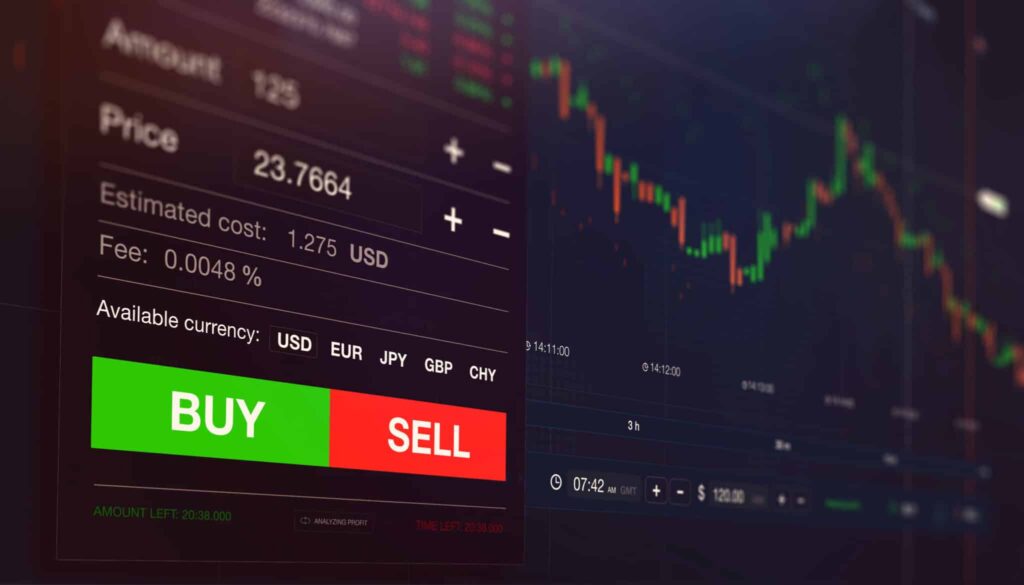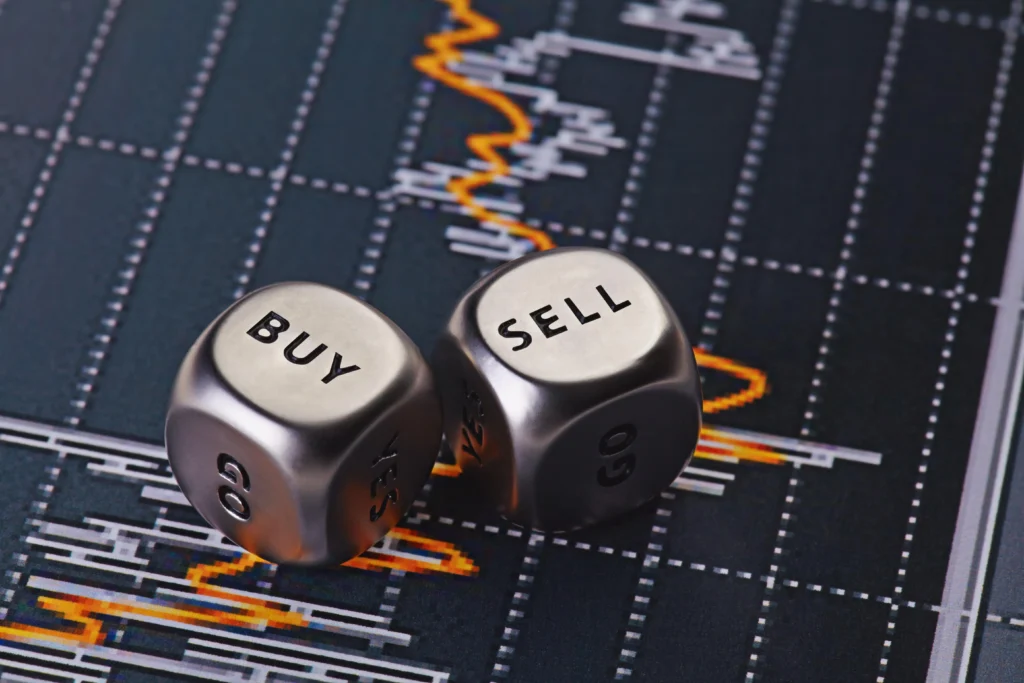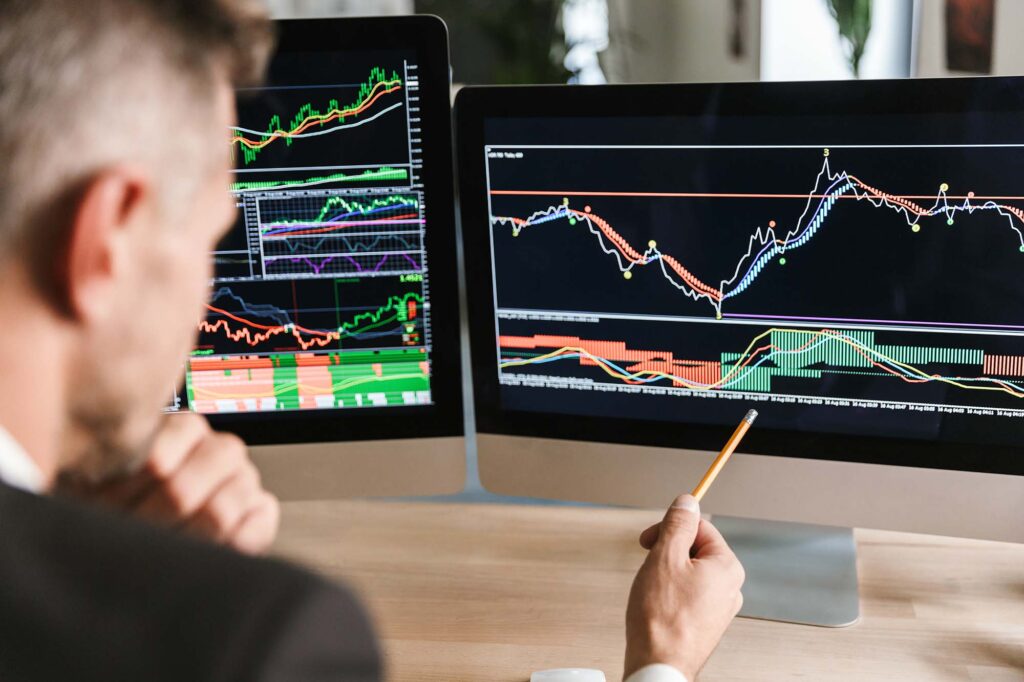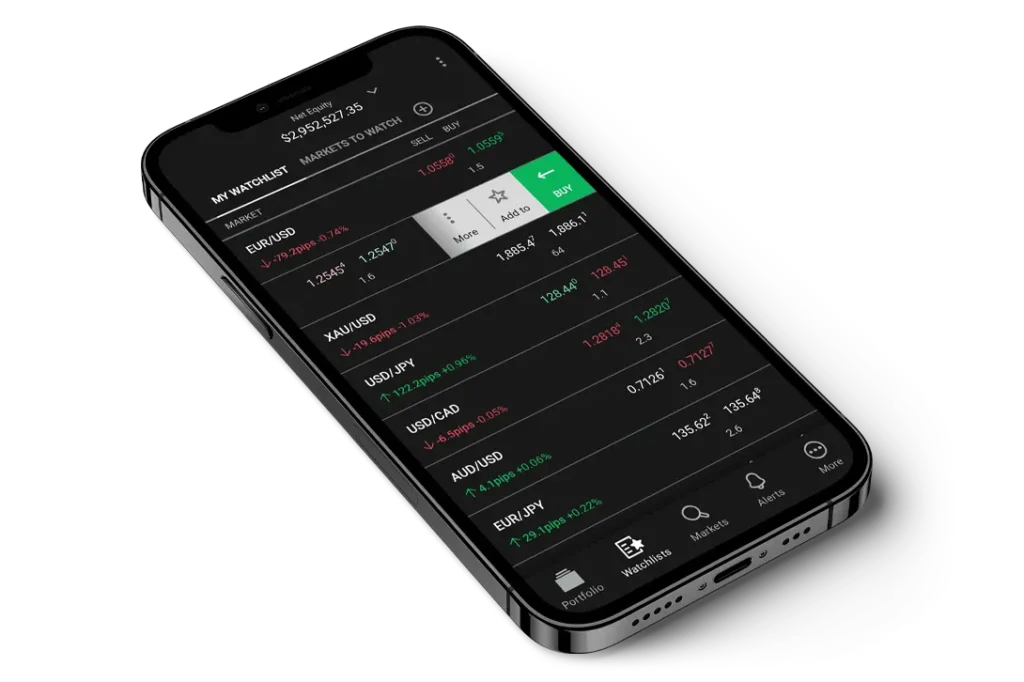Is Forex Trading Legit? Uncovering the Truth About the Forex Market
Forex trading, also known as foreign exchange trading, is the process of buying and selling currencies to make a profit. With a daily trading volume exceeding $7.5 trillion, it is the largest financial market in the world. But with its vast opportunities come questions: Is forex trading legit? Is forex trading legal? Where is forex trading legal or illegal? In this post, we will explore these concerns, break down the legality of forex trading across different regions, and discuss how to trade safely.
What is Forex Trading?
Forex trading involves exchanging one currency for another, typically through online brokers or financial institutions. The forex market operates 24 hours a day, five days a week, due to the global nature of currency exchange.

How Forex Trading Works
- Traders buy and sell currency pairs like EUR/USD (Euro/US Dollar) or GBP/JPY (British Pound/Japanese Yen).
- Prices fluctuate due to economic events, interest rates, inflation, and geopolitical news.
- Traders use different strategies, such as day trading, swing trading, or long-term investing, to profit from these price changes.
But before you dive in, you need to understand the legal and regulatory framework of forex trading.
Our members already secured 7-figures in funding capital. Join the FXD Academy and take your trading to the next level, click here to learn more.
Is Forex Trading Legitimate?
Yes, forex trading is legitimate and is a crucial component of the global financial system. Major banks, corporations, and governments use forex trading for trade and investment. However, the industry has also attracted scams and fraudulent brokers, making it important to choose a regulated broker.
How to Identify Legitimate Forex Trading
A legitimate forex broker is:
✔ Regulated by a recognized financial authority
✔ Transparent about trading fees and spreads
✔ Offers secure payment methods
✔ Provides reliable customer support
✔ Has a good track record and reviews from real traders
Scammers often promise “guaranteed profits” or offer unrealistic returns—stay away from such schemes!
Is Forex Trading Legal?
The answer depends on the country. Some governments allow forex trading freely, while others restrict or ban it.
Where is Forex Trading Legal?
Forex trading is legal in many developed and emerging markets, including:
- United Kingdom (UK) – Forex trading is legal in the UK and regulated by the Financial Conduct Authority (FCA).
- United States (USA) – Regulated by the Commodity Futures Trading Commission (CFTC) and the National Futures Association (NFA).
- Australia – Overseen by the Australian Securities and Investments Commission (ASIC).
- Japan – Managed by the Financial Services Agency (FSA).
- Canada, Germany, France, South Africa, and many others allow forex trading under regulatory guidelines.
Where is Forex Trading Illegal?
Some countries ban or heavily restrict forex trading due to fraud concerns or financial stability reasons. These include:
- India – Many ask, “Why is forex trading banned in India?” Forex trading is not fully banned, but it is heavily restricted. Only currency pairs involving INR can be traded legally on exchanges regulated by SEBI.
- China – Strict regulations limit access to forex trading for individual investors.
- North Korea – All forms of international financial trading are prohibited.
- Belgium – Retail forex trading is restricted due to investor protection concerns.
Before trading, ensure that forex is legal in your country by checking with your financial regulator.
Become a VIP and get access to exclusive insights, powerful trading indicators and other resources, click here to join now.
The Importance of Regulation
Regulatory agencies protect traders from fraud and manipulation by ensuring brokers follow strict financial and ethical standards. Here are key reasons why regulation matters:
- Protects traders from scams
- Ensures brokers have enough capital to operate
- Enforces fair trading practices
- Provides legal recourse if things go wrong
Always choose a broker licensed by top regulators like FCA, CFTC, ASIC, or FSA.

Common Forex Trading Scams to Avoid
Although forex trading is legitimate, there are scams targeting new traders. Here’s what to watch out for:
1. Unregulated Brokers
- Offer high leverage and bonuses to attract traders.
- May manipulate prices or refuse withdrawals.
2. Fake Trading Bots and Signal Sellers
- Claim to provide “100% accurate signals” for profits.
- Often use fake testimonials and reviews.
3. Ponzi Schemes
- Promise “risk-free” trading with high returns.
- Use money from new investors to pay old ones, eventually collapsing.
To avoid these scams, research brokers, check regulatory status, and never invest money you can’t afford to lose.
How to Trade Forex Safely
1. Choose a Reputable Broker
Check their regulatory license, customer reviews, and transparency.
2. Learn Forex Basics
Consider joining a forex trading academy to learn risk management, trading strategies, and market analysis.
3. Start with a Demo Account
Before risking real money, practice on a demo account to get familiar with the market.
4. Use Risk Management
Never risk more than 1-2% of your capital on a single trade. Use stop-loss orders to limit losses.
5. Stay Updated with Market News
Economic events impact currency prices. Keep an eye on central bank decisions, inflation reports, and geopolitical news.

Where Did Forex Trading Start?
Forex trading dates back to ancient times when traders exchanged different forms of money. The modern forex market emerged after the Bretton Woods Agreement in 1944, which established fixed exchange rates. In 1971, the system collapsed, leading to floating currency rates and the creation of the forex market as we know it today.
With the rise of the internet in the 1990s, forex trading became accessible to individual traders worldwide.
Our members already secured 7-figures in funding capital. Join the FXD Academy and take your trading to the next level, click here to learn more.
Final Thoughts: Should You Trade Forex?
Forex trading is legit and legal in many countries but also carries risks. If you decide to trade forex: ✅ Ensure forex trading is legal in your country ✅ Choose a regulated broker ✅ Educate yourself through a forex trading academy ✅ Develop a solid trading strategy ✅ Trade responsibly and manage your risks
Forex trading offers great opportunities, but success requires knowledge, discipline, and proper risk management. If you’re new, start slow, learn continuously, and trade wisely!

Frequently Asked Questions (FAQ)
1. Is forex trading legit? Yes, it is a real and legal market. However, you must trade through a regulated broker to avoid scams.
2. Is forex trading legal in the UK? Yes! The FCA regulates forex trading in the UK, ensuring fair practices.
3. Why is forex trading banned in India? Forex trading is not fully banned but is restricted to INR currency pairs due to government regulations.
4. Where is forex trading legal? Forex trading is legal in the USA, UK, Australia, Canada, Japan, and many other countries under regulatory guidelines.
5. Where is forex trading illegal? Countries like India (partially), China, North Korea, and Belgium have restrictions on forex trading.

